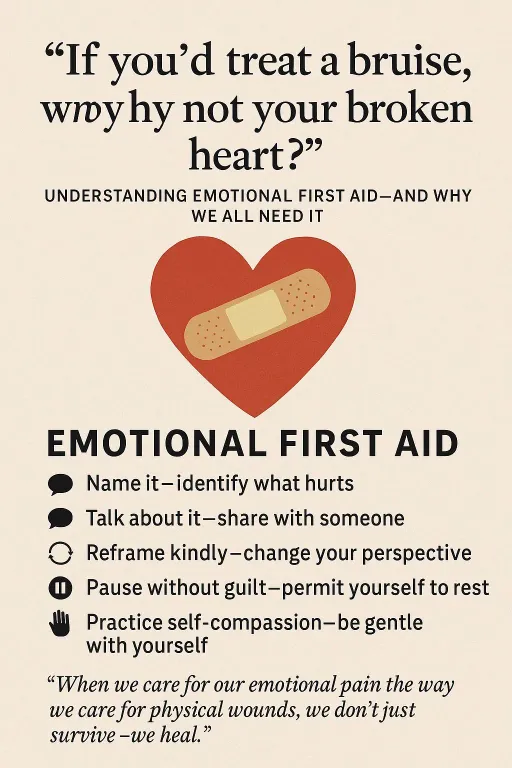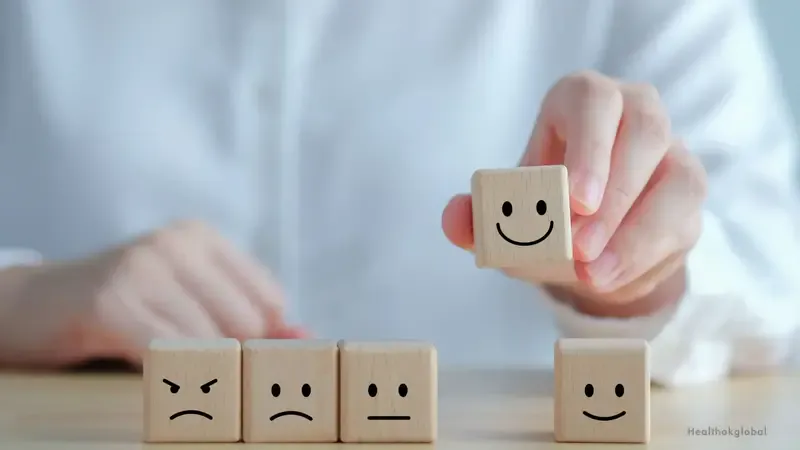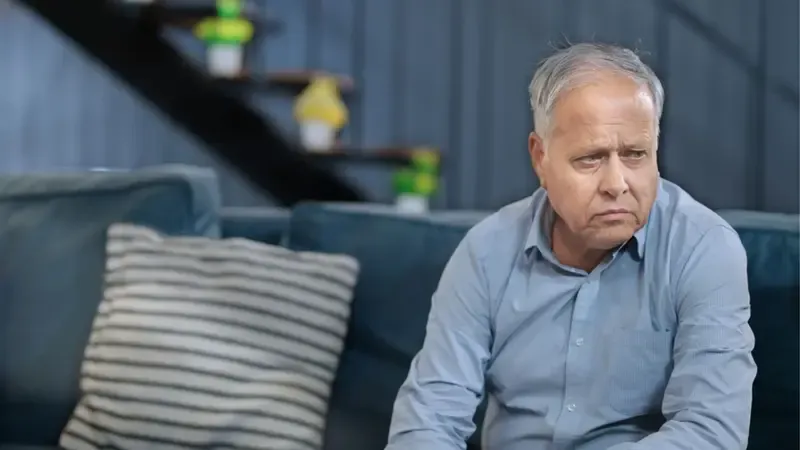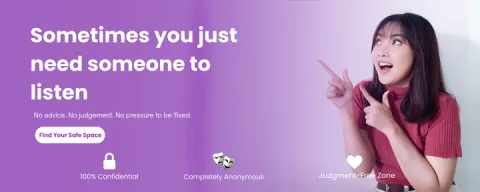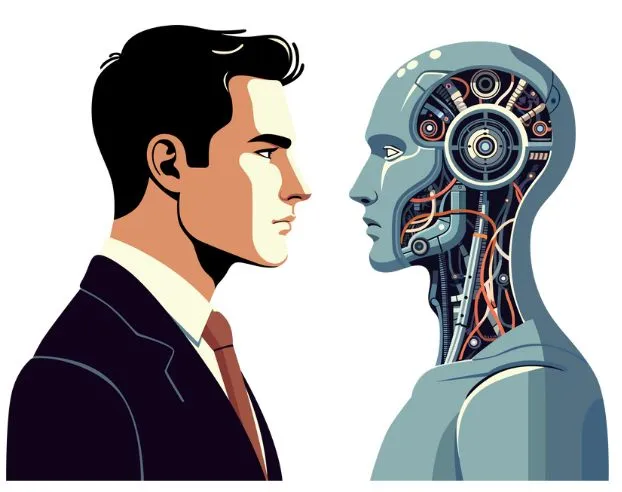When people feel emotional pain, the same areas of the brain get activated as when people feel physical pain: the anterior insula and the anterior cingulate cortex
Self-compassionate people are more likely to engage in perspective taking, rather than focusing on their own distress, and have better mental health outcomes
Research shows emotional pain activates the same brain regions as physical pain. Yet 73% of people ignore emotional wounds. Learn why emotional first aid matters and discover 5 practical tools to heal your heart with the same care you'd give a physical injury.
If You'd Treat a Bruise, Why Not Your Broken Heart?
The Science Behind Emotional Pain: It's Real, Not Drama
Your Brain Treats Emotional Pain Like Physical Pain
Why Emotional Wounds Grow When Ignored
What Is Emotional First Aid?
Your Emotional First Aid Kit: 5 Tools That Actually Help
1. Name It to Tame It
2. Talk About It With Someone Who Listens
3. Practice Gentle Reframing
4. Take Emotional Rest Without Guilt
5. Speak to Yourself With Compassion
When to Seek Additional Support
A Fact to Remember: You're Not Being Dramatic
If you're asking this question, you probably need emotional care. Any experience that causes emotional pain—rejection, loss, failure, conflict—deserves attention, regardless of how 'small' it might seem to others. The intensity or duration of your pain doesn't determine its validity. Trust your inner experience and treat emotional wounds with the same seriousness you'd treat physical ones.
It's normal for emotions to feel more intense when you first acknowledge them—this is part of the healing process, like cleaning a wound might initially sting. However, emotions that are expressed and processed tend to decrease in intensity over time, while suppressed emotions often grow stronger. If talking feels too overwhelming, start small by writing in a journal or speaking with a trained listener who can help you process gradually.
No—self-compassion actually increases accountability and motivation for positive change. Research shows that people who treat themselves with kindness are more likely to learn from mistakes, take responsibility for their actions, and make improvements. Self-criticism, on the other hand, often leads to avoidance and defensive behavior. Self-compassion means acknowledging mistakes without attacking yourself as a person.
There's no universal timeline for emotional healing—it depends on factors like the severity of the wound, your support system, past experiences, and individual resilience. Some emotional pain resolves in days, while other wounds (like grief or trauma) may take months or years. Focus on whether you're making progress rather than comparing yourself to arbitrary timelines. If you feel stuck or the pain is interfering with daily life, consider professional support.
You have several options: consider anonymous emotional support services that provide trained listeners, join online support communities for people facing similar challenges, or start with writing in a journal to practice expressing your feelings. Many people find relief in simply having someone listen without judgment. You might also explore professional counseling, which provides a safe space to process emotions even if you don't have personal support networks.
